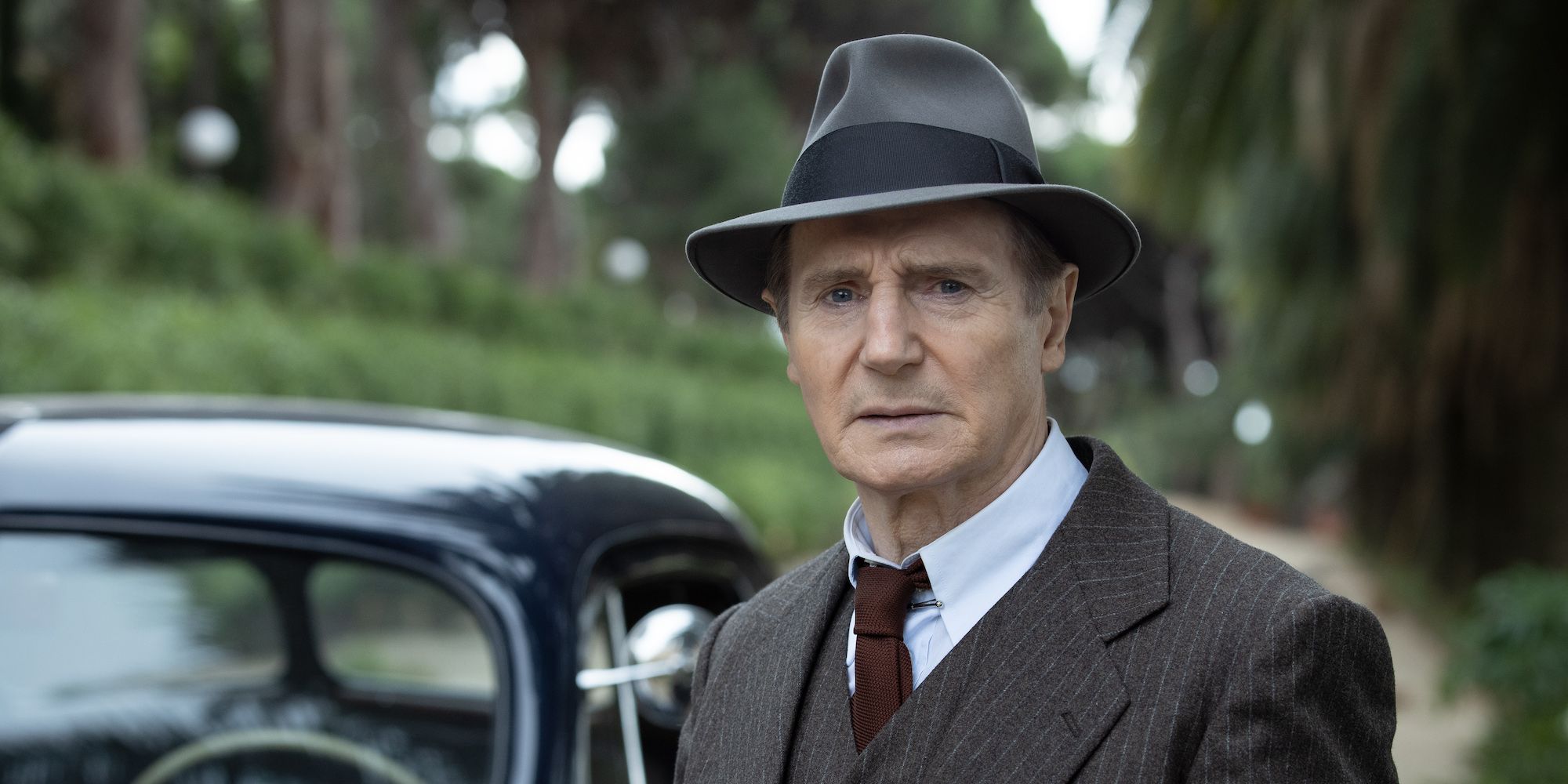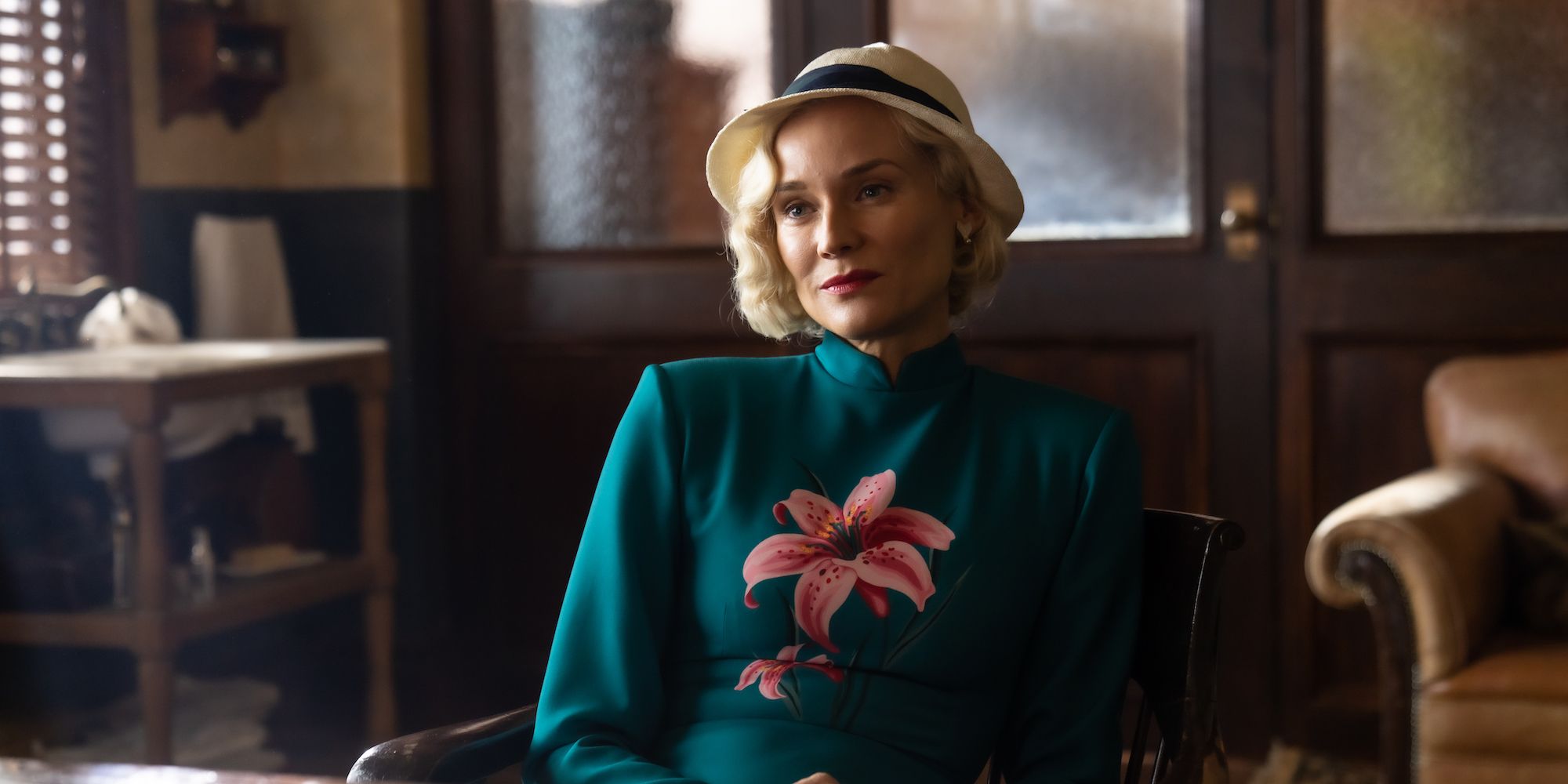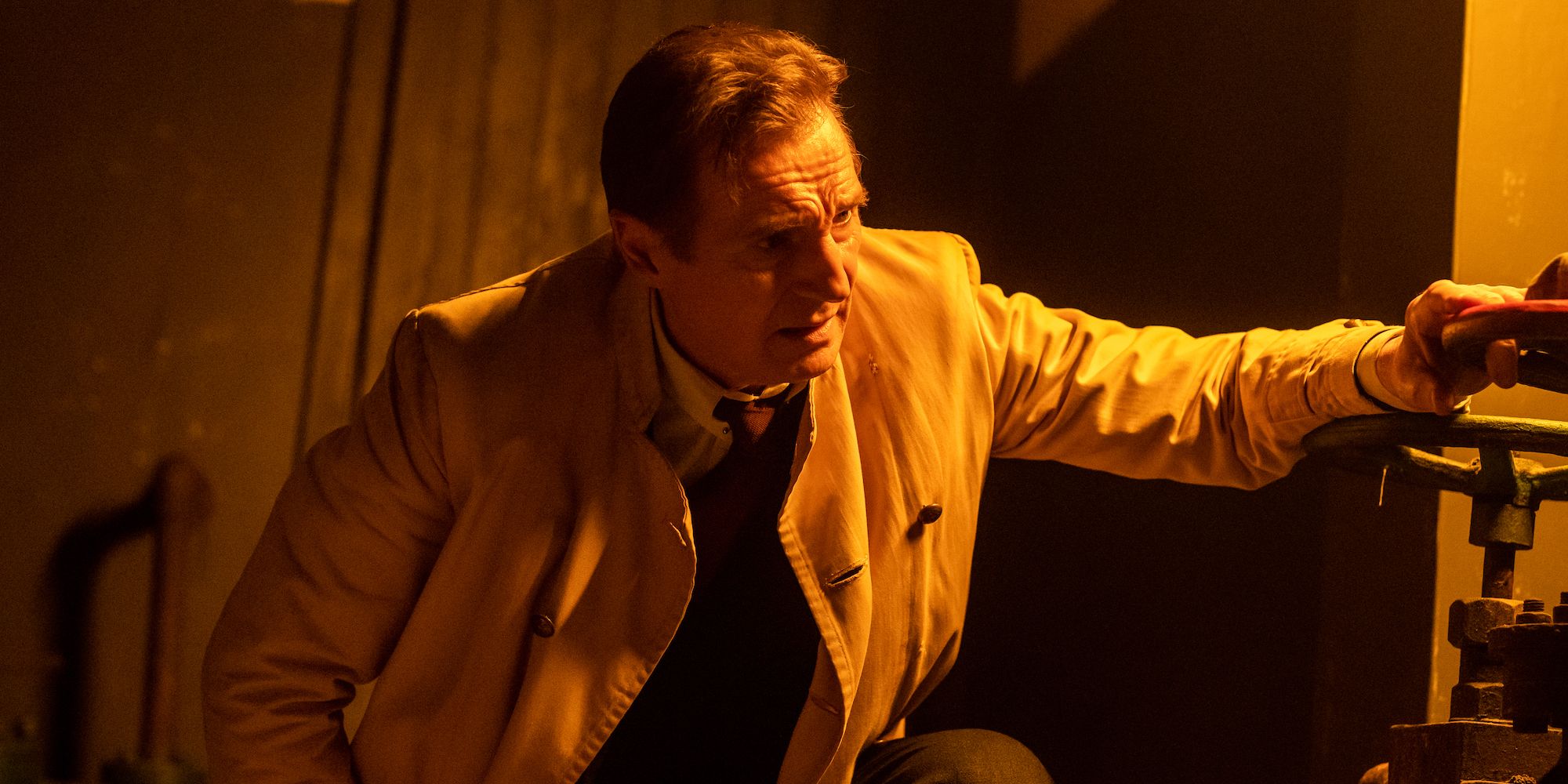It struggles to be intriguing, or even mildly enjoyable, pivoting from one mysterious subplot to another with little interest in its own narrative.

Adapted from the authorized 2014 novel The Black-Eyed Blonde by John Banville, which continues the story of Raymond Chandler’s private detective Philip Marlowe, Marlowe has everything that would make a neo-noir thrilling and compelling, but it drops the ball.
Directed by Neil Jordan from a screenplay by William Monahan, this updated version of the titular character, played here with weariness by Liam Neeson, is flat and, perhaps most appalling of all, dull.
The film struggles to be intriguing, or even mildly enjoyable, pivoting from one mysterious subplot to another with little interest in its own narrative. Despite a stellar cast, Marlowe doesn’t rise to the occasion, stumbling along without ever finding its footing.
Set in Bay City 1939, the film opens with Marlowe (Neeson) being visited by Clare Cavendish (Diane Kruger), an heiress in search of her missing lover, Nico Peterson (François Arnaud), a props master at a film studio.
Nico disappeared two months prior and a few questions around town lead Marlowe to believe he’s dead.
But he can’t be, Clare tells him, because she swears she saw Nico when she was visiting Mexico.
Marlowe is on the case, fishing for information from anyone who’s ever known Nico or been in contact with him — from a country club manager (Danny Huston) to a nightclub owner (Alan Cumming), Marlowe leaves no stone unturned.
However, he ultimately finds that things are much more convoluted than they seem.

Marlowe is entrenched in mystery, but it isn’t a captivating one, and audiences will find it difficult to embrace the twists and turns the story takes simply because there is very little to care about
. Things just seem to happen, and there’s a lack of intrigue and allure that becomes even more obvious as the film goes on.
The revelations at the end are delivered in drab fashion, and there is very little in either the plot or character relationships to justify this nearly two-hour slog.
The characters themselves are one-dimensional, and the actors are forced to contend with clunky dialogue, which often renders their delivery stiff. Marlowe may be a neo-noir, but it’s hard not to think of it as a pale imitation of other, better films in the genre.
The film tries its hardest to look and sound like a neo-noir, but there’s a lack of passion, a hollowness to the proceedings that infiltrates every scene and character exchange.
The cinematography, which attempts to give Marlowe an old-school sensibility, is washed out and leaves much to be desired.
The costumes, though lovely, are a reminder of what the film’s parroting. It doesn’t add anything new or of substance. Jordan’s film shows a lack of care, as though Marlowe was an afterthought to make.

Even the cast seems checked out, giving largely wooden performances. Adewale Akinnuoye-Agbaje as Cedric, however, really steals the show, and he’s a highlight despite only being in the movie for a short time. Cumming chews up scenery, and Huston is solid overall.
Kruger tries, but there’s something lacking in her femme fatale, and the writing for her character doesn’t help at all.
Neeson, who has been in a number of action films since his memorable turn in Taken, portrays Marlowe as though the private detective is simply over it all, and it will make one wonder if Neeson feels much the same way.
Marlowe can best be described as going through the motions. It’s a film that feels like it shouldn’t be here, and every creative decision, down to the writing and directing, supports that.
The neo-noir may dress the part, but it’s severely lacking everything that would have made this an enjoyable, magnetic take on Philip Marlowe. It’s truly a shame the film has little to no personality to keep it afloat.